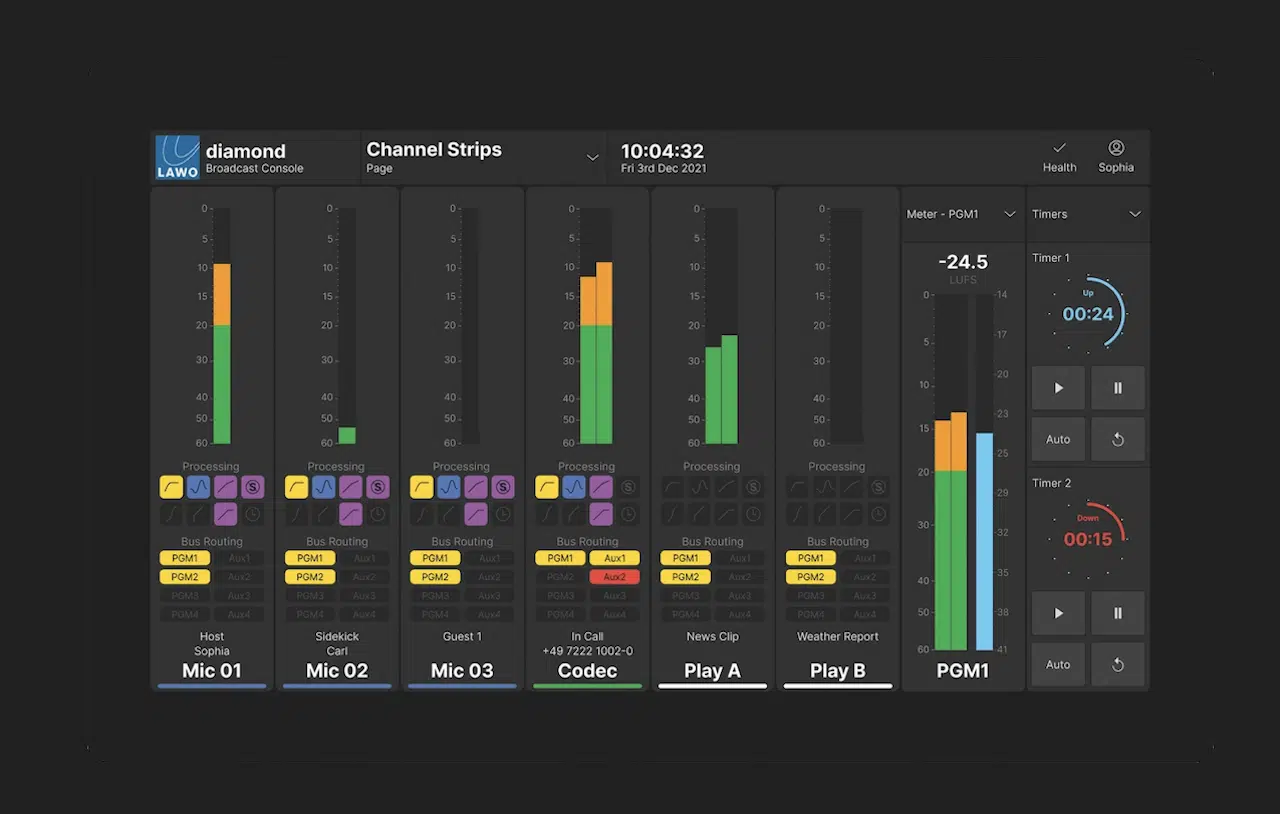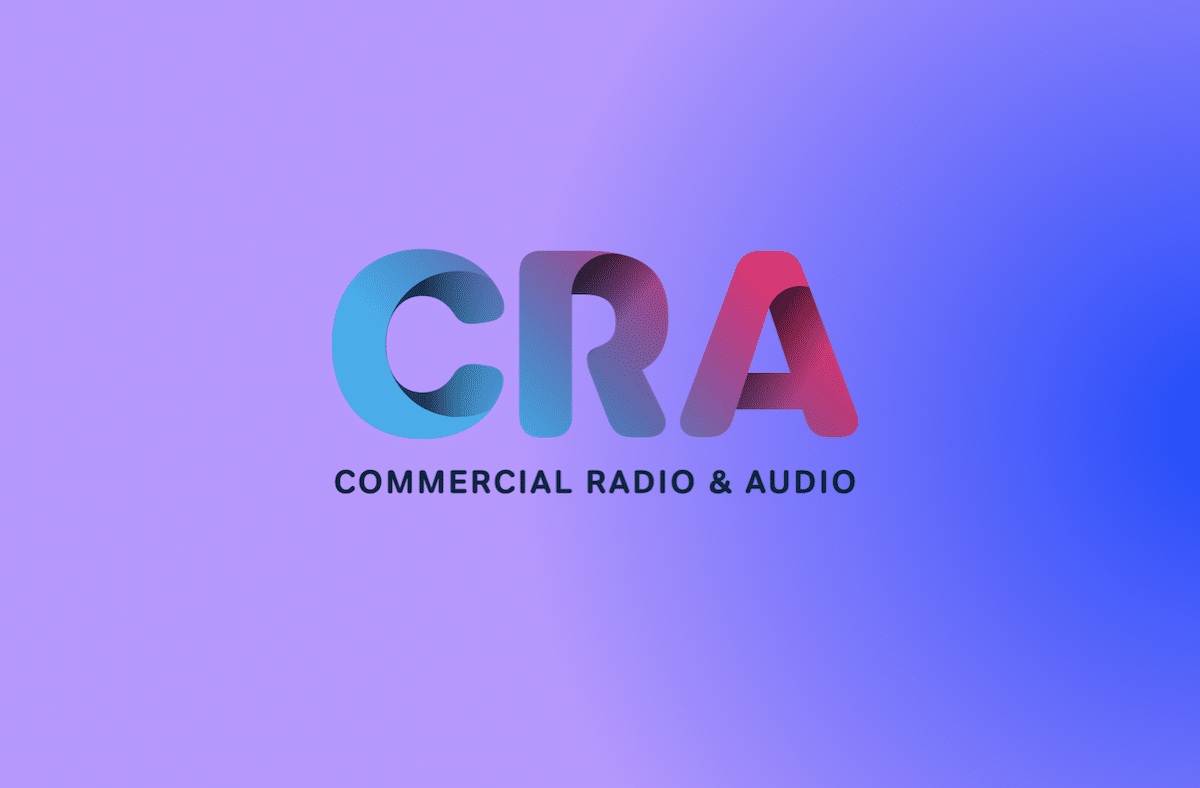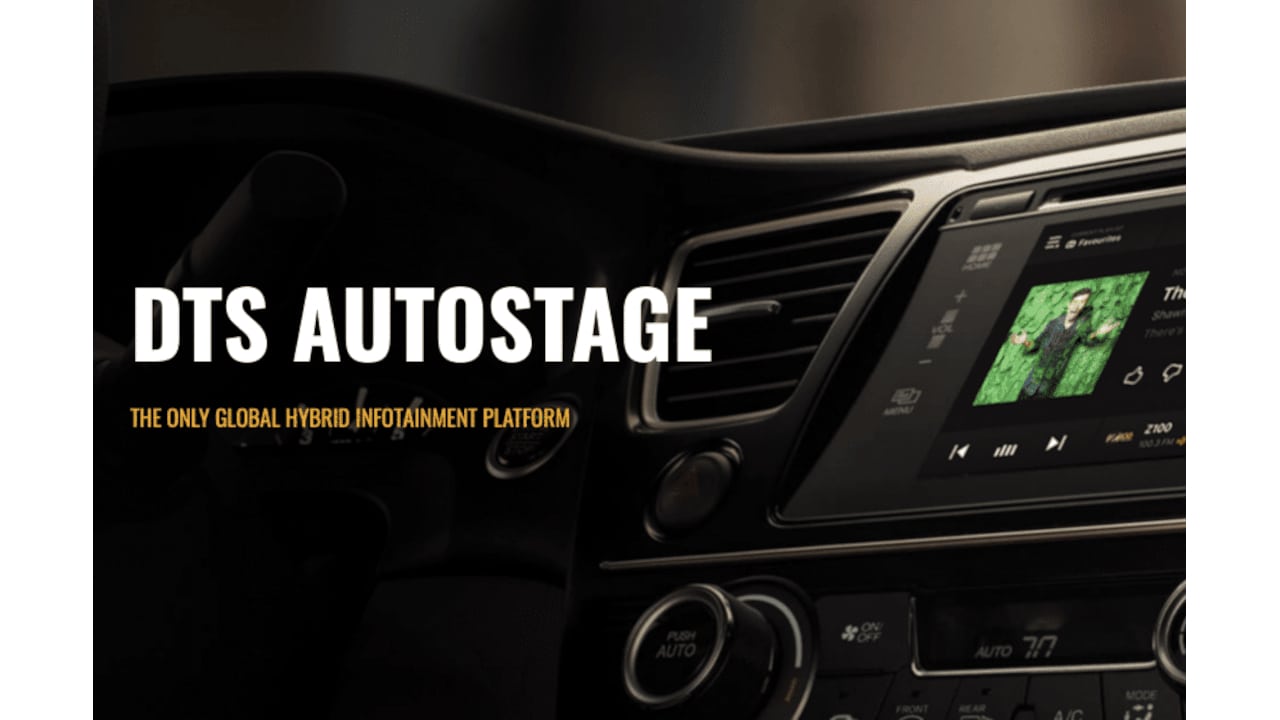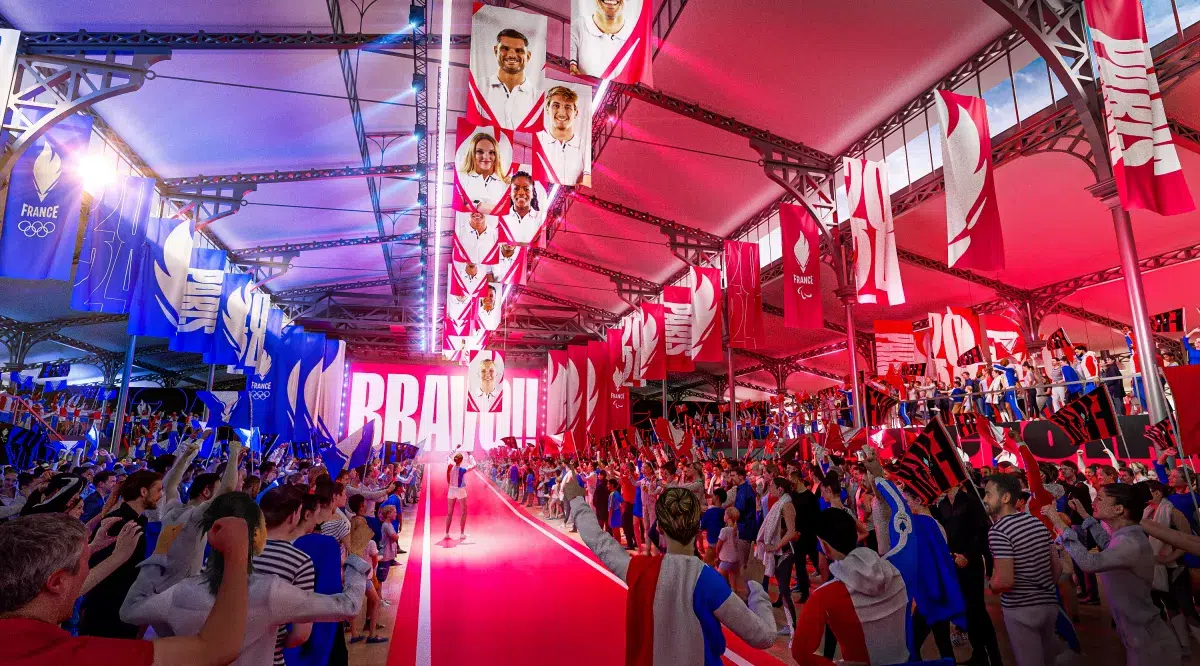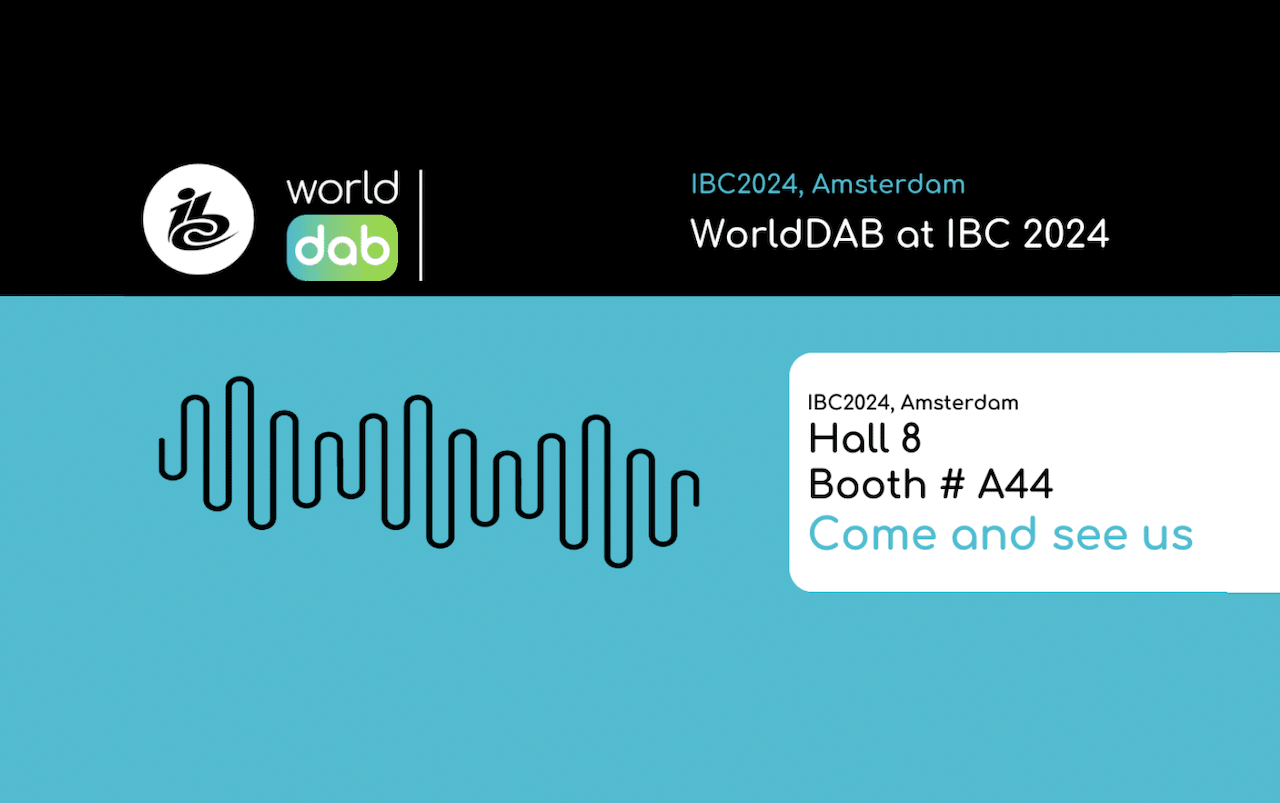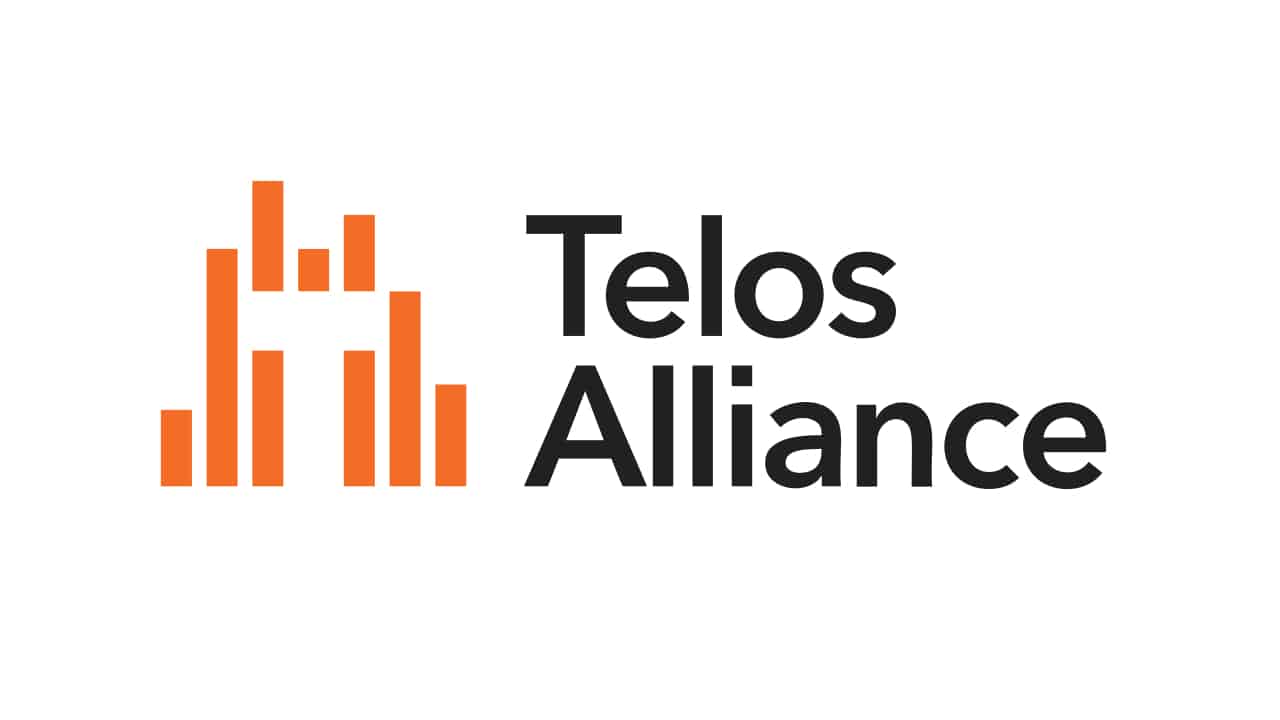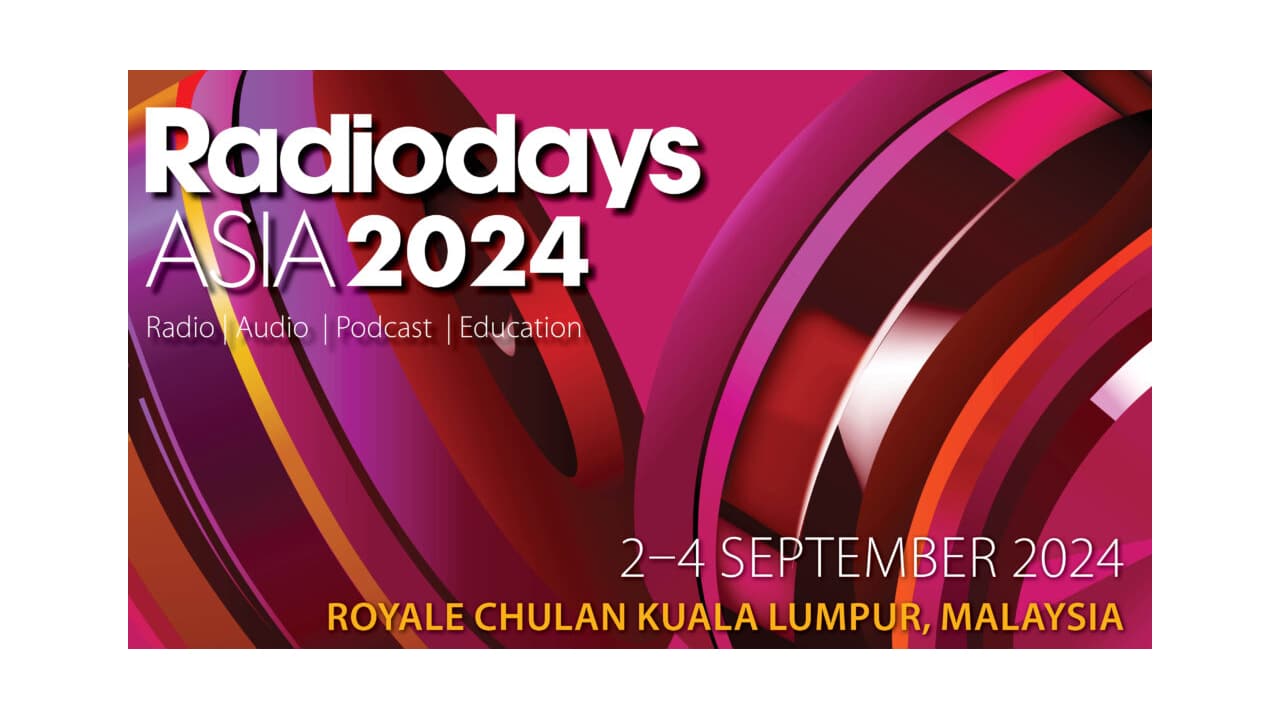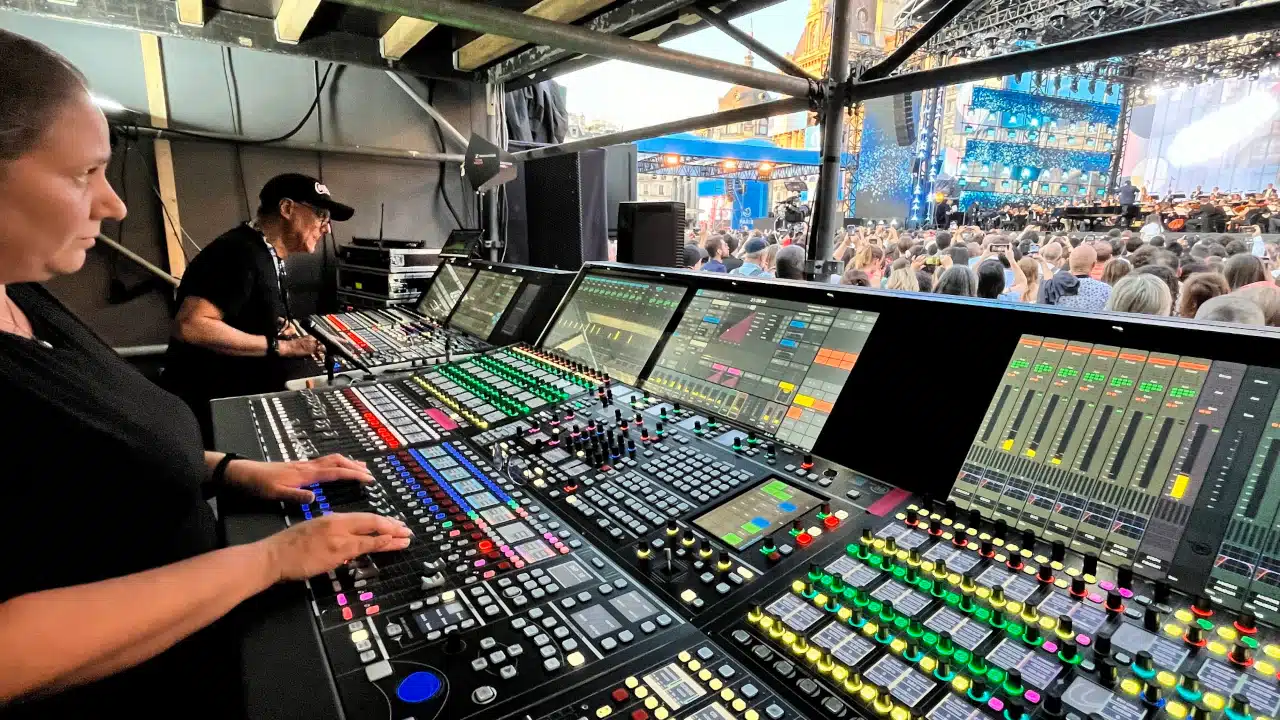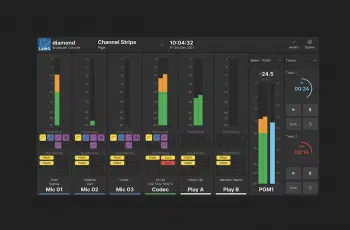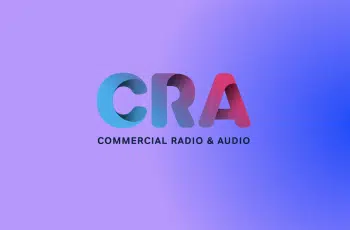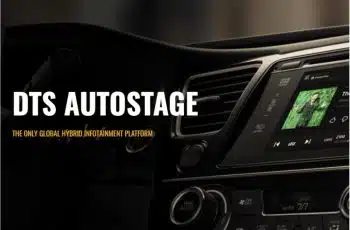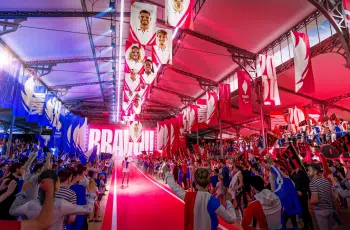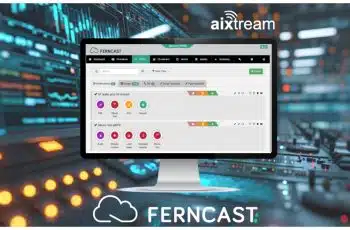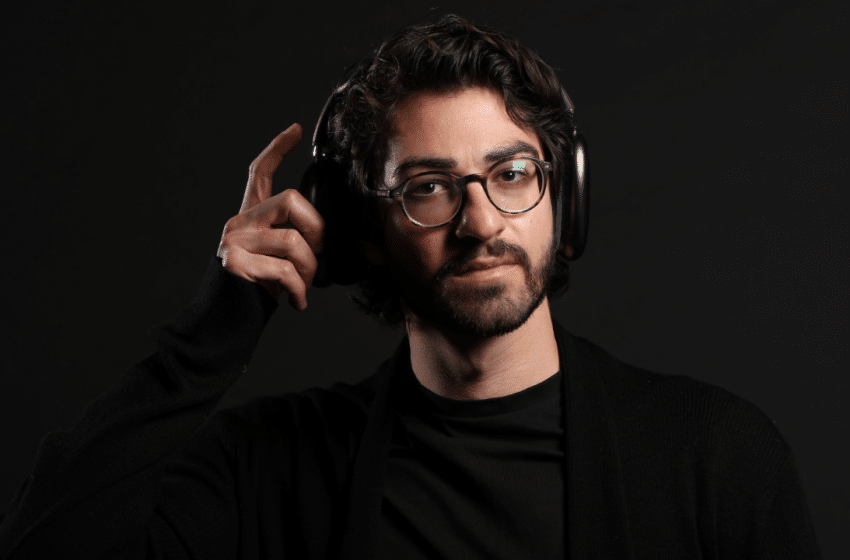
Stefano Fallaha is CEO and a co-founder of Podeo, the Arab world’s largest podcasting platform. Catalyzed by tragedy, it is a candidate for the true “soul” of podcasting. It also has global ambitions. Deals inked under Fallaha’s stewardship have given the platform significant reach and influence, and traditional radio is in his sights, but not in the way you might expect.
RedTech: Tell us a bit about yourself and the journey that led to your founding of Podeo.
Stefano Fallaha: My commitment to audio’s vast potential began as a high school student in 2016, launching an audio social network to offer vehicle drivers seamless content connectivity. In 2017, Infiniti Motors selected our product for a pilot, and in 2019, we received a grant from the 2022 FIFA World Cup to scale up the product to provide timely personalized content per commute times to stadiums.
The catalyst for my total commitment came in 2020 with the largest non-nuclear explosion in the history of humankind, which destroyed one of our offices in Beirut. This moment illuminated the urgent need for impactful storytelling. Podeo facilitated the creation of audio stories, thoughts and prayers, allowing tens of millions of people worldwide to share these audio snippets on social channels. It also led me to drop out of college in the second year of my Computer and Communications Engineering degree to dedicate all my time and energy to Podeo.
RedTech: What about podcasting makes it such a compelling business for you?
Fallaha: Growing up in the Middle East, I’ve constantly been exposed to one-sided mainstream narratives, so I have a personal stake in creating a balanced media landscape. This is why I do what I do and believe in the transformative power of podcasting — it is the most powerful and impactful medium to foster communities through its intimate and personalized format.
Podcasting’s specificity transforms listeners from passive consumers to active contributors, deepening connections and inspiring action, complementing mainstream narratives by highlighting diverse voices and underrepresented stories. Podeo is more than just a platform; it is a mission to empower voices and democratize the narrative.
RedTech: Podeo is the Arab world’s largest podcasting platform. In which Arab markets are podcasts most popular? Which themes or topics are the most listened to?
Fallaha: We have more than 50,000 creators across the Middle East and North Africa, reaching tens of millions of listeners worldwide. The United Arab Emirates, Saudi Arabia and Egypt are emerging as the top podcasting hubs. But what ignites the ears of Arab listeners? Society and Culture, Health and Fitness, Business, Comedy and History are the most popular categories. The themes are quite diverse — you might see a talk show podcast ranked first, a religion and spirituality podcast second and a sexual education podcast third.
Balancing freedom of expression with cultural sensitivities is our delicate art form. We nurture a vibrant platform with diverse voices yet ensure creators respect local regulations and cultural norms.
Stefano Fallaha
RedTech: What are the regulatory, operational or technical challenges typical of your operating environment?
Fallaha: Operating the MENA’s largest podcast platform in an environment where regulations, user-generated content and copyright intersect has unique challenges. But we see them as stepping stones for innovation and opportunities for collaboration.
Balancing freedom of expression with cultural sensitivities is our delicate art form. We nurture a vibrant platform with diverse voices yet ensure creators respect local regulations and cultural norms. Our U.S.-based holding company has strict terms and conditions and clear copyright policies to ensure all liability is on the creators. They must agree to the guidelines of each streaming platform, including Apple, Spotify, YouTube, Anghami, SoundCloud and other social media platforms. Plus, our contextual AI and metadata flagging identifies hate speech and explicit or misleading content.
By using AI-powered tools to effectively transcribe content across diverse linguistic landscapes while working closely with regulators and industry partners, we’re building a sustainable and thriving podcast ecosystem that celebrates audio stories from the Middle East to the world.
RedTech: What valuable lessons did you learn the hard way on the route to Podeo’s success?
Fallaha: Embarking on Podeo’s journey has taught me the profound value of being “flexibly stubborn.” It seems paradoxical at first — how can one be both flexible and stubborn?
Our compass has been this delicate balance between holding firm to our mission while remaining continuously receptive to feedback.
We’ve embraced a philosophy where our vision serves as the North Star, guiding us through the uncharted waters of building digital audio ecosystems from scratch. In essence, it’s the unwavering commitment to a big visionary goal and the humility to listen, learn and adapt. I like to compare the journey of building demand in new blue-ocean markets to a multitude of waves, each wave symbolized by listening, iterating and innovating.
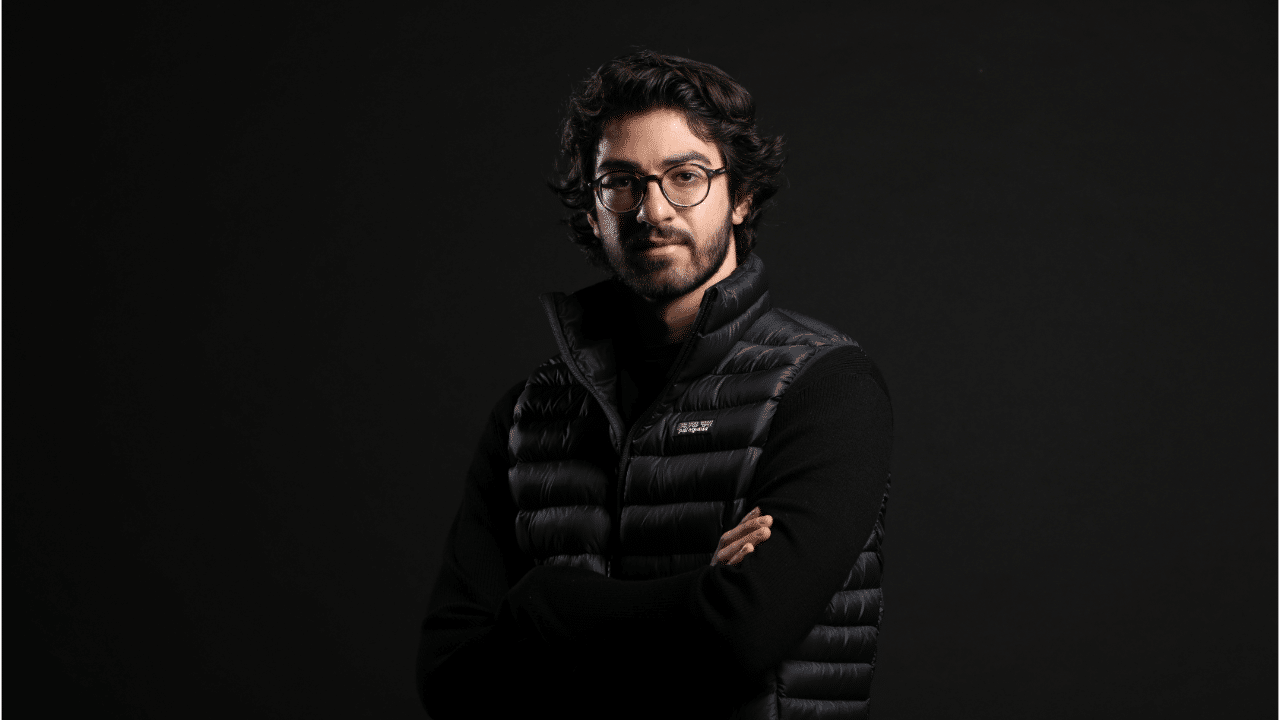
RedTech: What advice do you have for radio broadcasters branching into podcasting?
Fallaha: The common pitfall for many broadcasters transitioning from radio is treating podcasting too similarly to their conventional medium. Podcasting’s power lies in its ability to foster a deeper, more engaged community around specific interests. To capitalize on this, create content that speaks directly to a well-defined audience segment, encouraging interaction and feedback.
Patience is also essential. Building a loyal podcast audience and a sustainable monetization model is a journey of experimentation, feedback and gradual growth.
RedTech: Will podcasts and audio-on-demand consumption ever supersede live, linear radio; if so, when?
Fallaha: The future of audio is a symphony, not a solo act. While both formats will evolve, they’ll likely coexist and cater to different listening preferences, creating a richer and more diverse audio landscape for everyone. Podcasts and on-demand services offer personalized and niche content, while linear radio’s unique immediacy and localized resonance cannot be understated. Both audio formats keep communities informed, connected and engaged in real-time, each in their own way, fostering a sense of belonging that’s hard to replicate on other content mediums.
The tipping point will likely arrive when we see further democratization in podcast creation and distribution, making podcasts even more accessible and instantly hyper-localized.
Although live radio will always have its place, podcasts’ diversity and niche depth are set to lead a new era of audio consumption. So, it is crucial for radio stations to get in the medium early on to be positioned as thought leaders and actively shape the industry’s growth as early adopters, not followers.
RedTech: What do you say to traditional radio broadcasters who consider Podeo and its peers competition for their audience’s ears?
Fallaha: Forget competition; think collaboration. We envision a future where radio stations and podcast platforms thrive together. We believe radio broadcasters are not rivals but essential partners in a mutually enriched audio ecosystem. We enable radio stations to amplify their reach beyond live broadcasts. Our platform seamlessly transforms radio content into on-demand podcasts distributed across all major podcast apps — extending their audience and fostering deeper listener connections.
Also, through strategic partnerships with leading radio stations, Podeo provides them with curated access to a diverse podcast library. This enriches radio programming, offering listeners compelling on-demand options that complement their live radio experience. This two-way collaboration creates a thriving audio ecosystem that benefits the entire value chain.
Let’s co-create the future, not fight it.
We envision a future where radio and on-demand content transcend geographical boundaries, harmonizing into a thriving ecosystem, and Podeo serves as the catalyst for this transformation.
Stefano Fallaha
RedTech: You signed significant deals in 2023; how are they part of your broader strategy?
Fallaha: Our mission at Podeo is clear: Amplify podcasts by connecting creators with global audiences across every imaginable platform and enabling them to create sustainable revenue streams. Our recent partnerships with industry giants like Anuvu, imo and Rotana are strategic steps toward achieving our goals.
Anuvu, the leading in-flight entertainment provider, exclusively brings Podeo-hosted podcasts to millions of travelers through in-flight screens. imo, the global messaging giant, integrates Podeo into its platform, exclusively offering seamless distribution of podcasts to over 200 million users. Rotana Media Services, the media powerhouse of the MENA region, allows for additional monetization and revenue streams for creators.
These alliances are not just business deals but powerful synergies that propel the podcasting industry to new heights. We are committed to continuously forging partnerships that unlock the full potential of the power of audio.
RedTech: What is your vision for Podeo over the next five years? What are the key steps to get you there?
Fallaha: In the next five years, we will recalibrate the audio landscape and firmly establish our global dominance as the leaders of this transformation. We envision a future where radio and on-demand content transcend geographical boundaries, harmonizing into a thriving ecosystem, and Podeo serves as the catalyst for this transformation.
Forging strategic partnerships with radio stations worldwide, we will propel their content onto the global stage while curating a multilingual, multicultural podcast library that will cater to the diverse preferences of listeners across the globe.
But our vision extends beyond content. We’ll foster a vibrant global community where creators and listeners connect, engage and discover new favorites, transcending cultural barriers. This isn’t just about Podeo; it’s about shaping a future where radio’s rich heritage meets the boundless potential of on-demand content, creating an unparalleled, globally accessible audio experience that unites communities worldwide.
More podcasting stories
International podcast industry leaders to address The Podcast Show 2024
Triton releases Canada Podcast Ranker for January
Pittman and Yee to record marketing podcast at 2023 NAB Show



